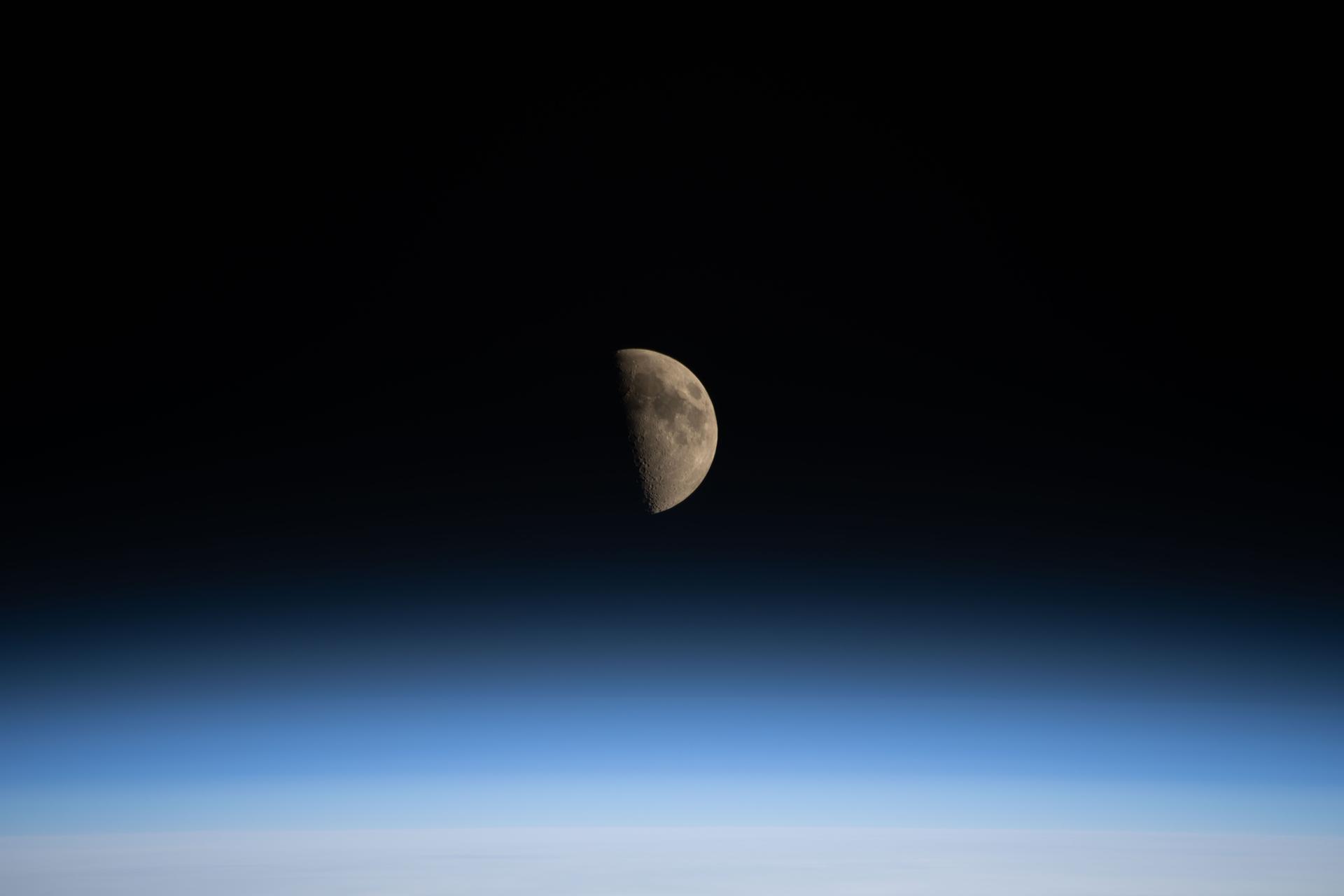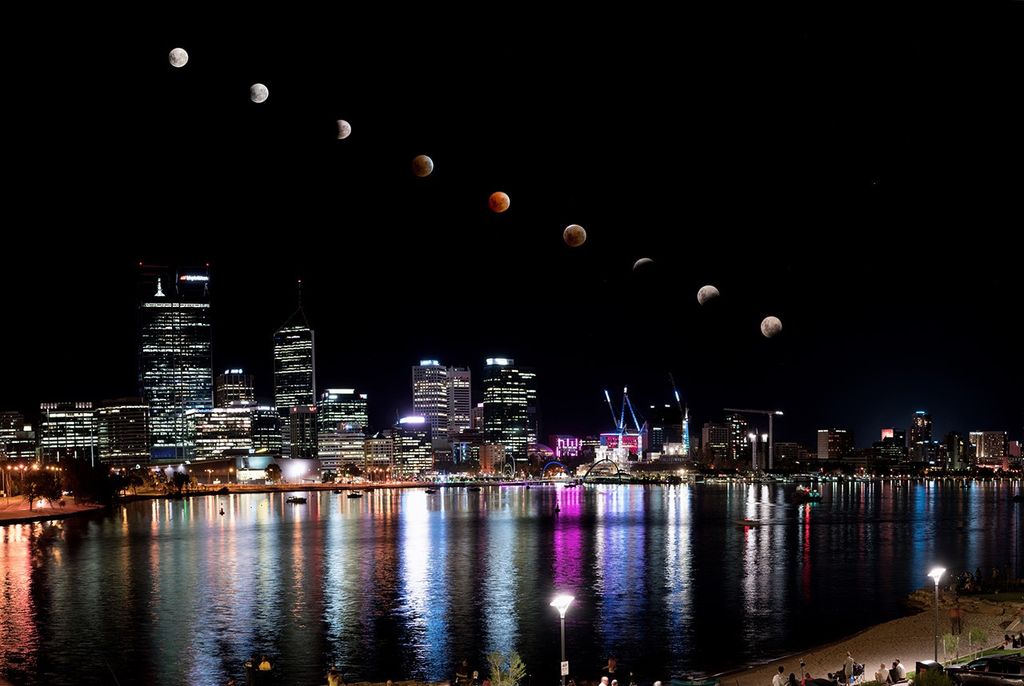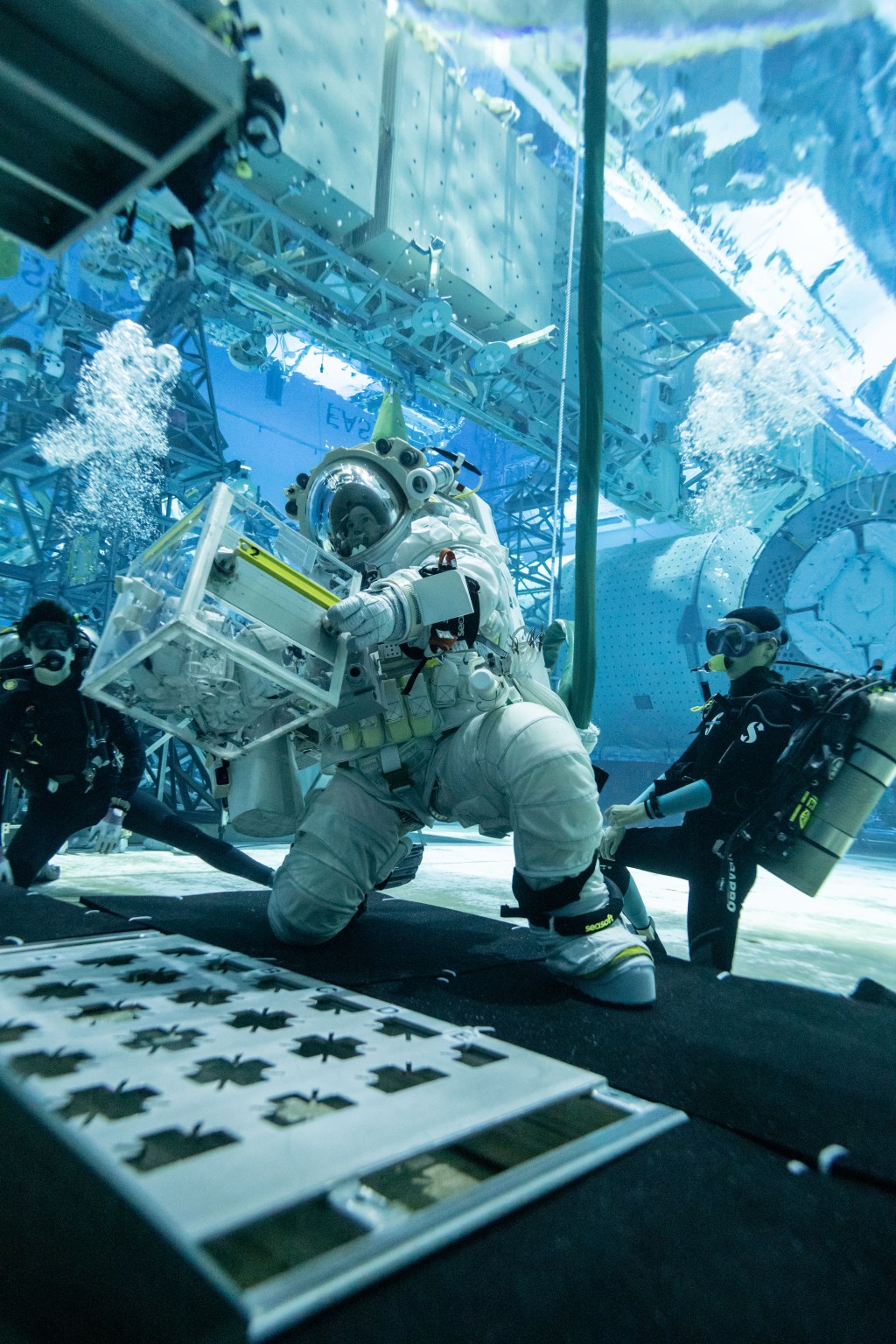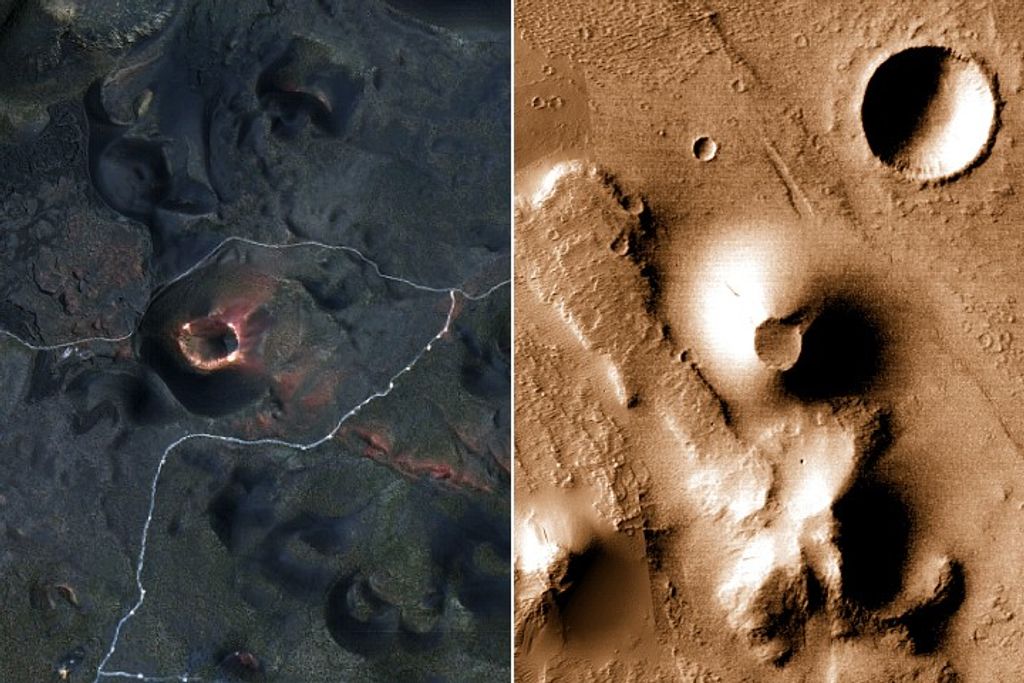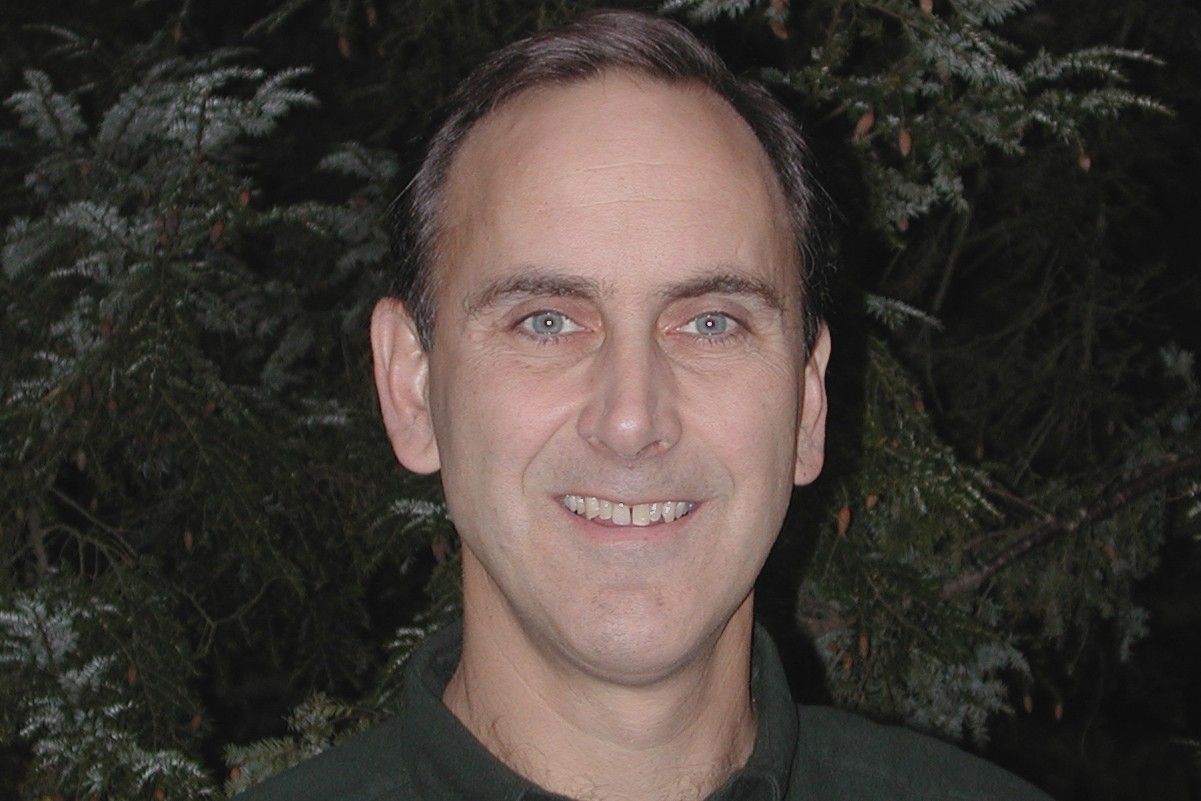
John Grotzinger
Project Scientist, Mars Science Laboratory - California Institute of Technology
Education
Penn Charter, Philadelphia, PA
Hobart College
B.S.
University of Montana
Masters, M.S.
Virginia Polytechnic Institute
Ph.D.
All About Me
I am a field geologist interested in the evolution of Earth’s surficial environments and biosphere. My research addresses the chemical development of the early oceans and atmosphere, the environmental context of early animal evolution, and the geologic factors that regulate sedimentary basins. In my studies, I try to create the basic geologic framework for sedimentary basins and orogenic belts in northwest Canada, northern Siberia, southern Africa, and the western United States. These field mapping studies are the starting point for more topical laboratory-based studies involving geochemical, paleontological, and geochronological techniques. Because Mars and Earth are thought to have had similar early climates and geologic conditions, my work on the early Earth may help guide the analysis of early environments on Mars.
My Contributions
Mars Exploration (General)
Athena Rover
Mars Exploration Rovers
Long Term Planning, Geological Investigations of Surface Processes
Personal Reflections
Do you have any hobbies?
I enjoy exploring the earth in all ways and traveling to unfamilar places. I enjoy hiking, sailing, and cross-country driving trips with my family and friends.
What advice can you offer to young scientists or engineers?
Follow your instincts and interests. Do what you love, love what you do, and don’t promise more than you can deliver.
What are your personal goals for the future?
To make sure my work stays interesting and fun by finding new problems to work on, new countries to work in, and new colleagues to interact with. The Mars Exploration Rover (MER) mission provides me with all of this. It’s great!
What are your dreams for the future of exploration?
To use planetary exploration as a time machine. Planets like Mars are (literally) in a frozen state of development and provide glimpses of what the Earth may have looked like billions of years ago.
What portion of this mission interests you the most?
The engineering of the rover and its instruments. I still find it hard to believe that we can so precisely land a vehicle on another planet and then ask it to do many of the same things that we do here in earth. It’s thrilling to imagine it collecting data on Mars.
What is the most fascinating thing about your mission?
As part of the long-term planning group I have come to appreciate the tension between short-term objectives and long-term objectives. We’ll always want to know what’s “just over the hill”, so it’s important to realize that we won’t get over the hill unless we keep moving, no matter what we might find over the short-term. At the same time, its important to remember that there would be no long-term with a series of short term objectives; its the bite-size discoveries along the way that keep momentum up to deliver on the long-term plan.
What’s the most challenging part of your job?
Anticipating what sedimentary features might be present on Mars, so we are best prepared to use our experience gained on Earth.
What is unique about your job?
Along with a few others involved in the mission, we’ll have the unique experience of having worked on the very old rocks on earth which may provide analogs for geological features we might see on Mars.
What’s the most extraordinary experience you’ve had so far on this mission?
Helping to drive the FIDO (Field Integrated Design and Operations) rover as training for the Mars Exploration Rover mission.
When you were in elementary school, what did you want to be when you grew up?
A biologist
When did you decide you wanted to be in the space industry and how did you go for it?
When I first arrived at the Massachusetts Institute of Technology (MIT) in 1988 I learned that NASA was interested in early planetary evolution, including the history of Earth. After many years of work it became clear that certain geological -and perhaps even biological- features on Earth could well be present on Mars. I decide to apply as a Participating Scientist for the MER mission.
Why do you think Mars Exploration is important?
The early history of Mars is likely to have been very similar to that of Earth. So it possible we may gain insight into processes that operated early on for both planets.
What excites you about Mars or about space exploration?
To push ourselves to experiment with new technologies, to test hypotheses for planetary evolution, and to just simply explore the unknown.
Do you work on any other projects at your company?
Most of my other projects at MIT involve exploration of early environments on Earth. These projects are supplemented by investigations of the modern environments where processes occur that might be applicable to understanding these ancient environments.
Describe the human side of robotic exploration.
It’s wonderfully enriching in the sense that you get to go where no one has ever gone before, but its frustrating in that you always feel the need to look at things yourself.
Where are they from?
Planetary science is a global profession.

